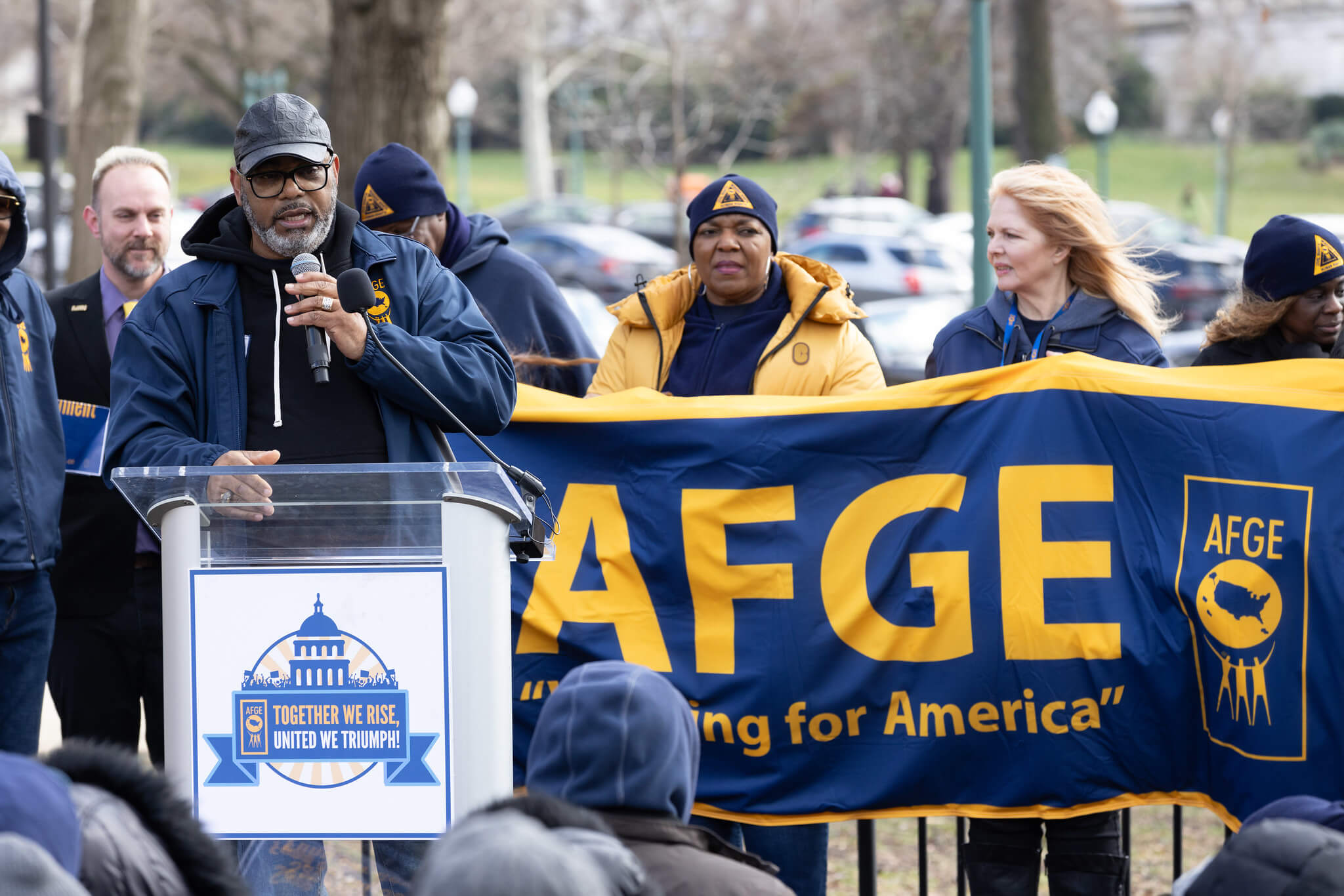How Much Do Americans Actually Care About the Russia Investigation?
In an earlier post, I explained how polling data on the Russia investigation underscores the degree to which partisanship taints Americans’ assessment of security politics. When asked about matters related to the Russia investigation, an overwhelming majority of Democrats consistently respond in a fashion that reflects deep suspicion of the activities of President Trump and his advisers.
Published by The Lawfare Institute
in Cooperation With

In an earlier post, I explained how polling data on the Russia investigation underscores the degree to which partisanship taints Americans’ assessment of security politics. When asked about matters related to the Russia investigation, an overwhelming majority of Democrats consistently respond in a fashion that reflects deep suspicion of the activities of President Trump and his advisers.
A recent CNN poll adds texture to our knowledge of partisanship and public opinion regarding l’affaire Russe, asking not just whether Americans are concerned about a smattering of issues related to the investigation but also how concerned they are about the investigation writ large.
According to CNN, 49 percent of Americans say they are concerned by reports that people associated with Donald Trump’s campaign had contact with suspected Russian operatives, with 27 percent saying they are “very” concerned and 22 percent saying they are “somewhat” concerned. Forty-nine percent of Americans say they are are relatively unconcerned, including 16 percent who say they are “not very concerned” and 33 percent who say they are “not at all concerned.”
The partisan divide, unsurprisingly, is stark. The overwhelming majority (79 percent) of Democrats express at least some concern, with 49 percent saying they are “very” concerned and 30 percent saying they are “somewhat” concerned. Exactly the same share of Republicans say they are either “not very” concerned (24 percent) or “not at all” concerned (55 percent). Independent voters poll with the Republicans, with 55 percent falling on the side of relatively unconcerned, including 37 percent who say they are “not at all" concerned. These partisan cross-tabs help to identify who cares about the Russia investigation and how much—information that may matter a great deal in the runup to the 2018 midterm elections, when Democrats will vie to take control of the House of Representatives.
These data complicate the oft-repeated claim that most Americans don’t care about the escalating Russia investigation. Democratic politicians as well as Republicans have said this, arguing that core Democratic voters care more about economic issues than meddling by the Kremlin. But the CNN data indicate that an overwhelming majority (79 percent) of Democrats care, including nearly half (49 percent) who say they care a “great deal.” As such, Democratic lawmakers are under significant pressure to demonstrate that they hear the concerns of their constituents and are acting to hold the administration to account. This helps to explain Democrats’ focus on Russia—whether giving interviews about the investigation on cable news, attempting to compel floor votes on Russia-related topics or, most dramatically, introducing articles of impeachment.
Yet these data also indicate the limitations of using the Russia investigation as a mechanism to animate and expand political opposition to President Trump. The share of voters who say they are at least somewhat concerned has dipped since March, when a CNN-ORC poll posed a similar question about level of concern regarding the Trump campaign and the Russians. The March 2016 poll found that 55 percent of those surveyed expressed concern, compared with the 49 percent in July of this year—a six-point decline. Likewise, the percentage of Americans who say they are “very concerned” has decreased by 10 points since March 2017 (from 37 percent to 27 percent), while those who say they are “not at all concerned” has increased by five points (from 28 percent to 33 percent).
Independent voters appear to be driving this shift in public sentiment. In March, 54 percent of independents expressed at least some concern about contacts between Russian operatives and Trump campaign associates, including 33 percent who said they were “very concerned.” The July poll suggests that just 43 percent of independent voters were concerned—an 11-point drop. A sizable 37 percent of independent voters say they are “not at all concerned,” a significant increase from 28 percent in March.
Republican opinion, meanwhile, has remained relatively constant since March. A majority of Republicans (54 percent in March, 55 percent in July) say they are “not at all concerned” about the prospect that people associated with the Trump campaign have had contact with suspected Kremlin operatives. Roughly one-fifth of Republicans (18 percent in March and 20 percent in July, a statistically insignificant difference) express some concern, while the share of those who say they are “very concerned” hovers in the single digits (7 percent in March and 9 percent in July). This indicates that many Americans—namely Republicans—do not care about the Russia investigation.
Republican respondents are notably consistent in their belief that relations between the Trump campaign and the Kremlin are unconcerning. Interviewing for the July survey began in the wake of breaking news that Donald Trump Jr. set up a campaign meeting with a Russian government attorney who promised to provide him with incriminating information related to Hillary Clinton. Still, the share of Republicans who said they were “not at all concerned” about the Russia investigation remained more or less unchanged, with a one-point shift from March (54 percent) to July (55 percent).
Interestingly, the July CNN poll finds that a comfortable majority (57 percent) of Americans agree that Trump Jr. should not have taken the meeting. This figure includes 36 percent of Republicans and 55 percent of independents—over 10 points more than the share of these populations who say they care about the Russia investigation at least somewhat.
This suggests a wedge between public opinion—particularly pronounced among Republicans and independents—between a single suspicious meeting and the more general suspicion that undergirds the Russia investigation writ large. Whether—or how many—additional incidents significantly alter public opinion about l’affaire Russe remains to be seen.




